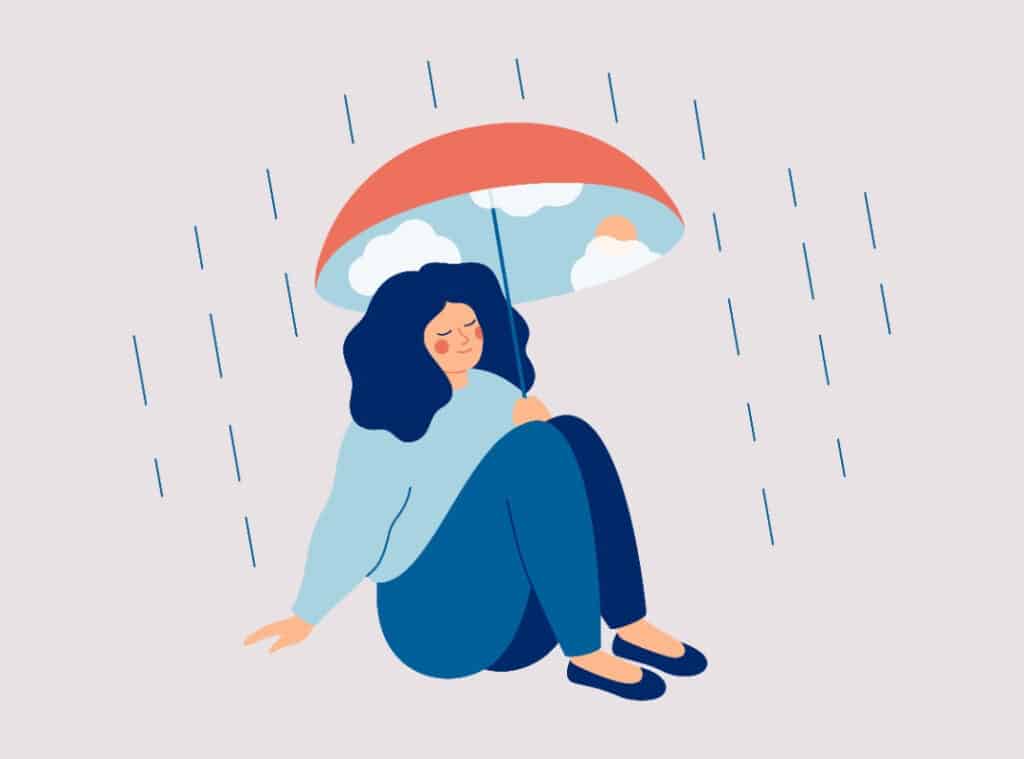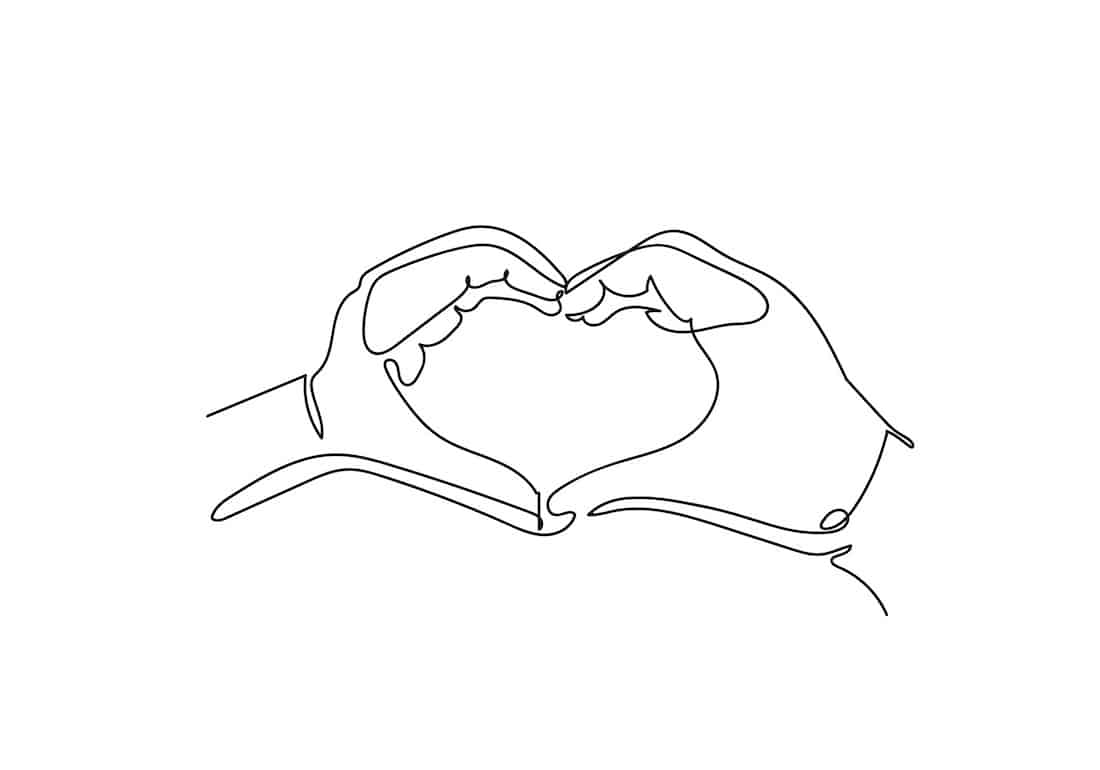Think about how many times you frown or smile every day. As different events occur and moods change seemingly every hour, the only constant in life is the present moment you live in. So why attach yourself to a mistake or situation you could’ve done better when there is the potential for better decisions every second?
The concept of radical acceptance is widely known as a tool to help overcome suffering from past mistakes and situations. With help from Lifeskills South Florida, we can provide psychiatric medication evaluations and help you practice radical acceptance and other forms of avoiding suffering and stress. Dive into the meaning behind radical acceptance and how to stick to it in your daily life.
What is Radical Acceptance?
Radical acceptance is the idea that you should accept situations you can’t control without judging them irrationally. This, in turn, will help you reduce the suffering you endure and help you prepare to adjust to future situations that come your way. Radical acceptance believes in non-attachment, but it’s important to remember that not being attached doesn’t mean not feeling emotions. It just means not getting caught up in your feelings and letting them affect your current reality.
The First Step—Be Willing to Practice Acceptance
The first step to practicing radical acceptance is to be willing to practice acceptance. A mindset change doesn’t happen overnight, so going into the process fully willing and understanding what you’re undertaking is the best way to stay consistent.
Remind Yourself That What Happened Has Happened
Whatever happened already cannot be undone, but somehow we get caught up in the thoughts of what could’ve been. It’s okay to tell yourself that “it happened” as a way to stick to reality. Simply understanding your present situation and making the best out of it is another way to practice radical acceptance.
Become Aware of Moments When You Tend to Judge Things
Record your judgmental thoughts in a journal, notepad, or even on voice notes, preferably as soon as you think of them. Note your surroundings, previous events, and other notable descriptions of the situation. Soon after, you’ll start to notice a pattern in the location, time, or type of event in which you begin your negative thoughts. By noting these patterns, you are more likely to combat the thoughts that come into your mind.
Dissect the Decisions and Events That Led Up to the Moment
Without taking deep diving into the situation, it can be tough to understand how many little events led up to the resulting problem. You’ll realize through this deep introspection that you can’t control some of the resulting situations even if you tried. Looking back, you might even see that you may have repeated the same actions if placed in the same position again. With a bit of context, you’ll realize that even if you had a part to play, plenty of other people, places, and things also impacted the result.
Evaluate Your Expectations
Sometimes our disappointment stems from unrealistic expectations. It’s easy to be disappointed when we prepare ourselves for a situation with a small likelihood of existing. It’s our responsibility to set the right expectations for ourselves, and looking back on how you anticipated a situation vs. how it ended up (and how likely it was to end up the way you expected it to) could help you properly evaluate potential outcomes.
Remember That Acceptance Is Not a Thing We Do Once or Twice
Part of being willing to practice acceptance is understanding that it isn’t a one or two-time event. You’ll be evaluating plenty of events in life each day, understanding where things went right and where they went wrong. There are a ton of variables, and it’s easy to get caught up in the many causes of a situation. But, as long as you’re properly evaluating an issue, you’re one step closer to removing yourself from the shackles of suffering.
Practice Acceptance With Professional Therapists
As we said, practicing radical acceptance is more than just something you’ll occasionally do. Making such a large life change isn’t always easy, which is why professional treatment centers exist. Lifeskills South Florida is committed to providing customized treatment options and alternatives for all genders and individuals 18 and over. Programs like our rational emotive behavior therapy help individuals fight feelings and thoughts that ruin moods and days. If you or someone you know needs help overcoming difficult thoughts, contact the experts at Lifeskills South Florida today at 954-953-1742 or complete our contact form.




